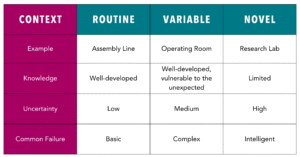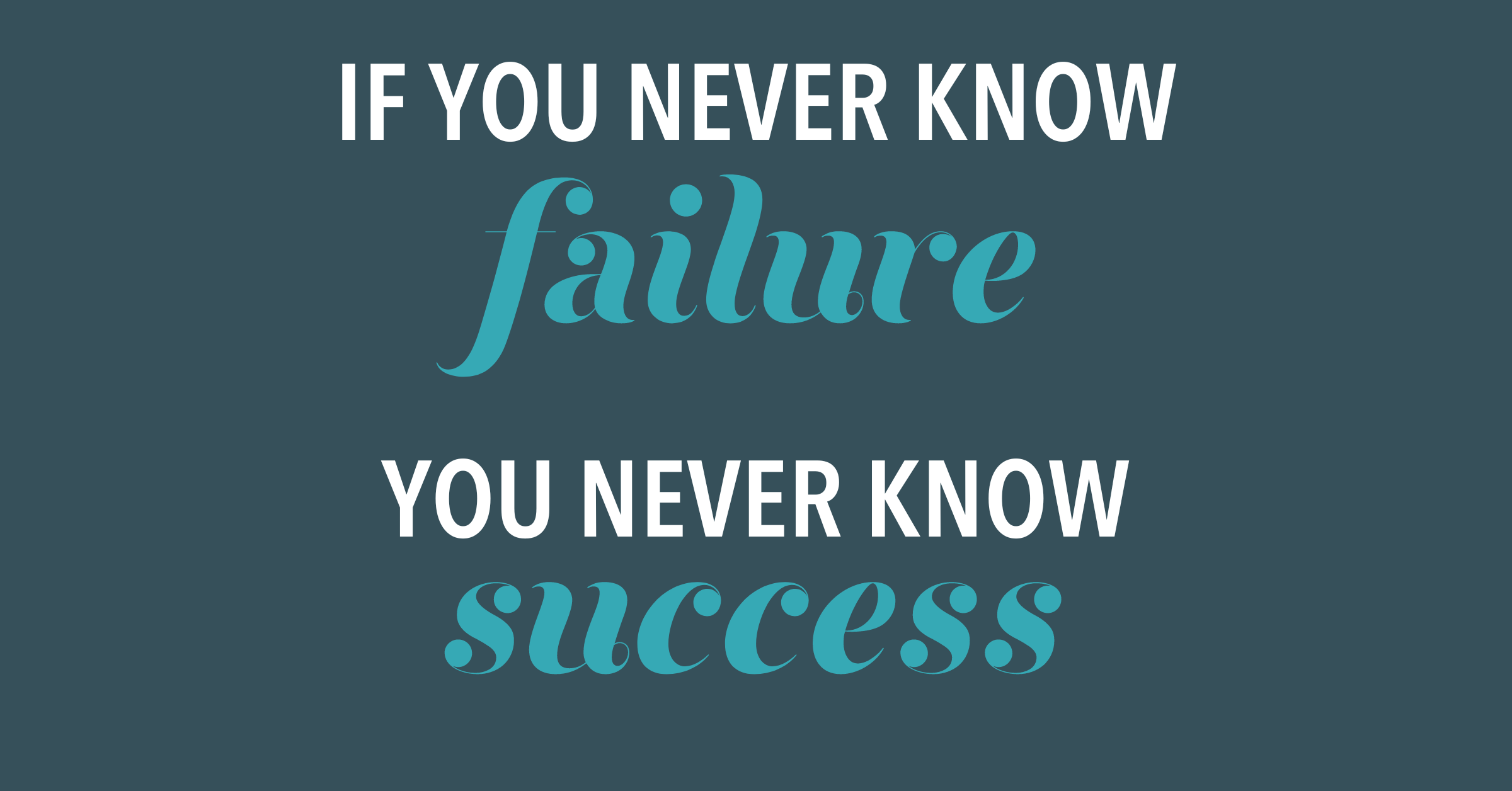Aversion
Aversion is the instinctual, emotional response to failure. It’s why I burst into tears when I saw that burned bird. As humans, our “negativity bias” notices, stews over, and hangs onto negative information, while we quickly move on from positive information. Basically, the pain of failing is bigger in magnitude than the joy of succeeding. So to feel better, we avoid failure. But remember, failure is inevitable. One tactic for dealing with aversion to failure is reframing. A study found that athletes who placed third in an Olympic event, earning a bronze medal, appeared happier and less likely to feel the sting of failure than the athletes who received a silver medal. Why? The silver medalists framed their result as a failure because they didn’t win the gold. Meanwhile, the bronze medalists framed their results as a success because they earned a medal at the Olympics! They were aware of just how easy it would have been to come home without a medal at all. Re-framing from “loss” to “gain” allows you to find the good, or the learning, from failure.Confusion
Confusion comes in when we don’t understand when it’s “okay” to fail. Depending on the situation, you can experience different types of failure. Basic Failures happen when we are in a routine or predictable situation and something just goes wrong. My burned turkey is an example of a basic failure — it wasn’t my first time roasting a turkey and it could have been easily prevented if I had just set a timer and stayed focused on the task at hand. It’s also why it stung so badly. Complex failures happen when you have a solid knowledge foundation, but there is a likelihood of unexpected events. A good example of an environment where you’d encounter complex failures is a hospital. Even with experts and well-trained staff, unexpected events — from underlying complications to loss of power or equipment failure — can lead to failures. Intelligent Failures are most common in situations where you have limited knowledge or experience, like a research facility or navigating a business through a global pandemic. One tactic for overcoming confusion is understanding the context of our failure. Knowing what types of failures are common in a certain environment or set of circumstances can help you set the right kinds of expectations for you and your team(s).










